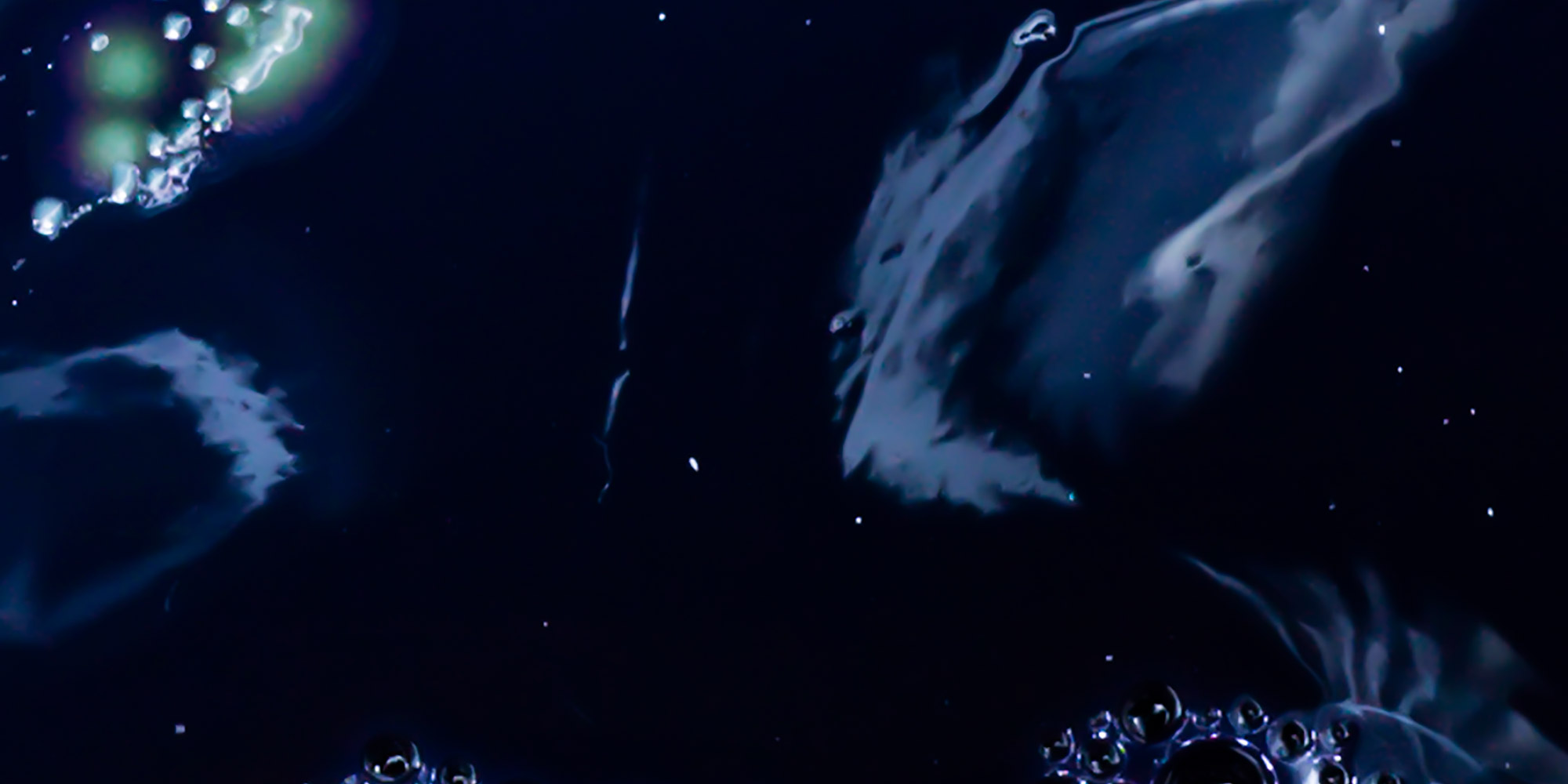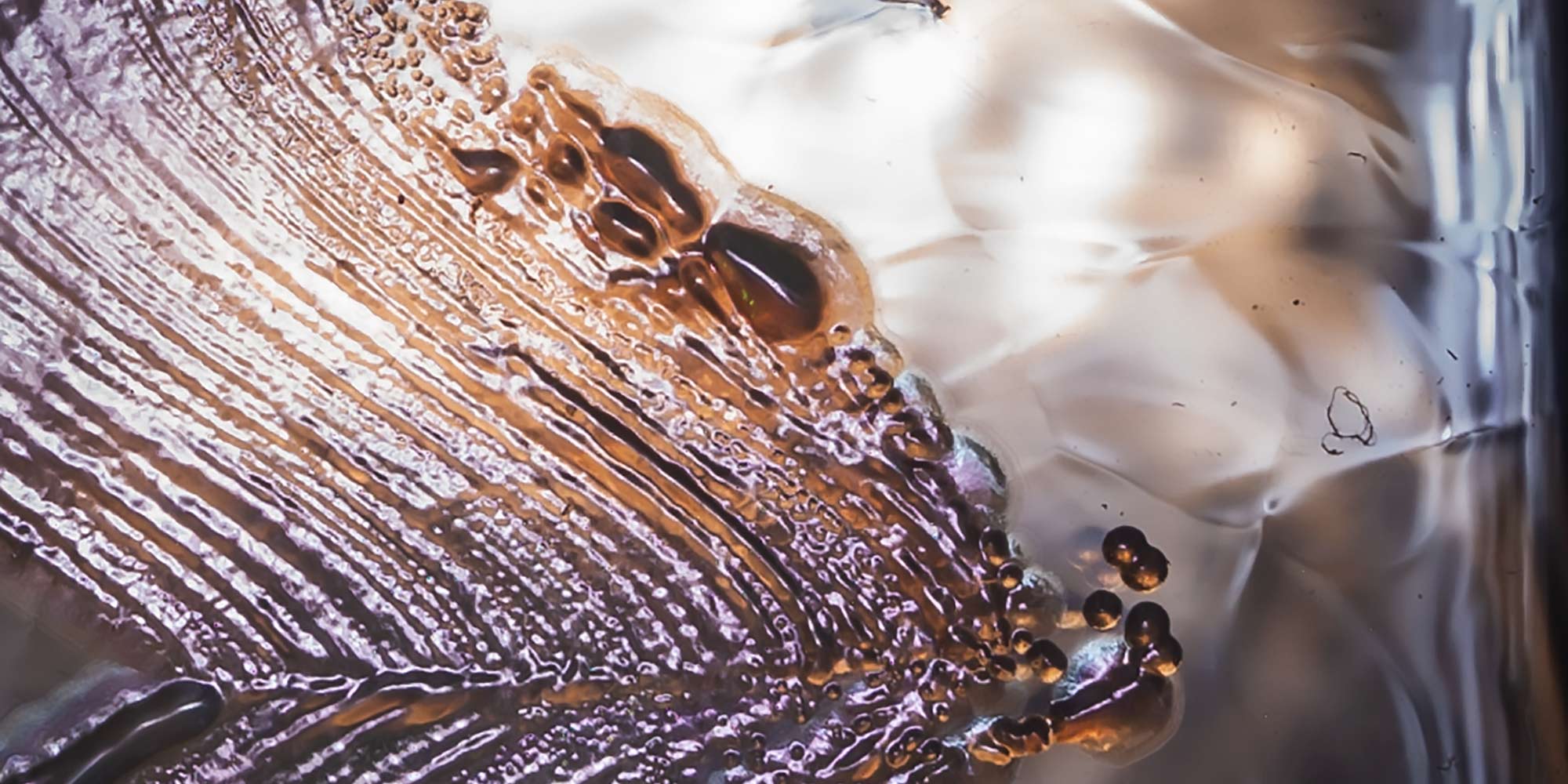Origin stories of a multi-planetary diaspora
In the coming century, humans will become a space-faring species, forming settlements on other planets, even traversing the solar system as wandering nomads. Advancing technologies for inter-planetary habitability to enable new market prospecting underpins current goals to achieve low earth orbit to the moon and Mars by 2033. Energy, water, food and material security – innovations developed for extreme conditions “out there” – are set to be generators of wealth and utopian earthly futures. Seventy-two countries have a space program, while only the government space agencies NASA, CNSA, and RFSA possess human space flight capabilities. Meanwhile, the private sector is propelling advancement. Urgent questions arise: who gets to colonize the life beyond Earth, and what does it mean for those ideas to seed those human futures? Is it possible to dream of other worlds beyond those presented to us through a privatized “cosmos Imaginarium”?
To challenge conceptions of this frontier space is to contest received wisdom of where such explorers might come from, and how, decoupled from nature and isolated from humanity, they ultimately wish to become. Culture becomes a critical mode of engagement and survival. Mutupo: Origin stories of a multi-planetary diaspora explores the theatre of space through a new envisioning of space nomadism and its emergent cultures. We begin with speculative mythologies inherited from DNA: the most ancient yet prescient origin text.

Project Credits:
- The project has been developed in collaboration with Karl Aspelund, PhD, University of Rhode Island, (US)
Biographies:
Natsai Audrey Chieza (UK), founder & director Faber Futures, is a designer and change-maker working at the intersection of creative and biotechnology industries. She is a founder and director of Faber Futures, a London-based biodesign agency catalyzing the alignment of DNA-scale engineering with the methods and principles of critical design thinking for the circular economy. With a background in architectural design and material futures, Chieza’s pioneering design-driven practice with bacteria pigments for sustainable textile finishing has been exhibited at prestigious institutions including the Cooper Hewitt Design Museum and Pompidou Centre.
https://faberfutures.com
Karl Aspelund (US) is Associate Professor of Design at the University of Rhode Island and Visiting Associate Professor at the University of Iceland. He completed a PhD in 2011 in anthropology at Boston University’s University Professors Program. He researches material culture and individual and national identity creation, as well as the design needs and constraints of textiles for long-duration space flight.


